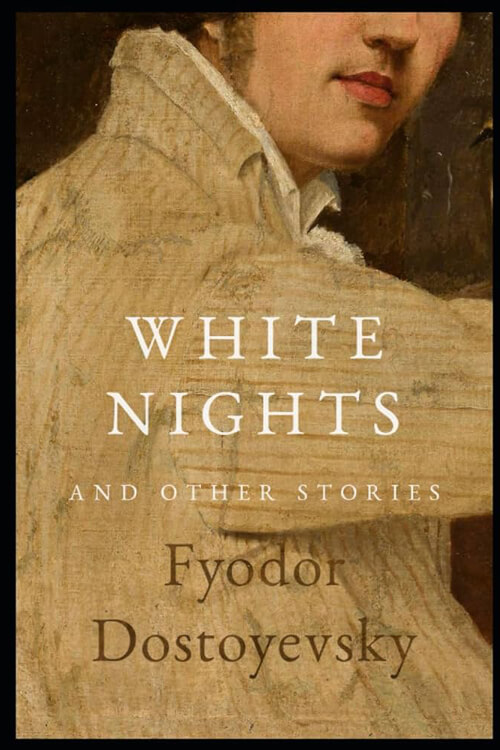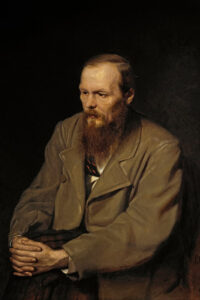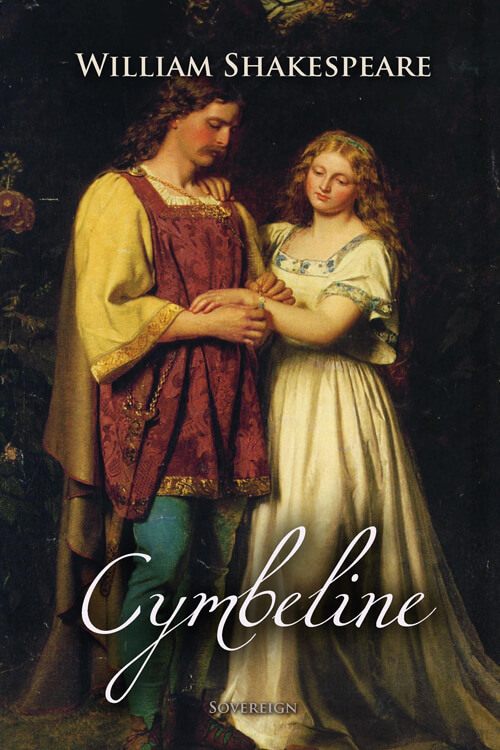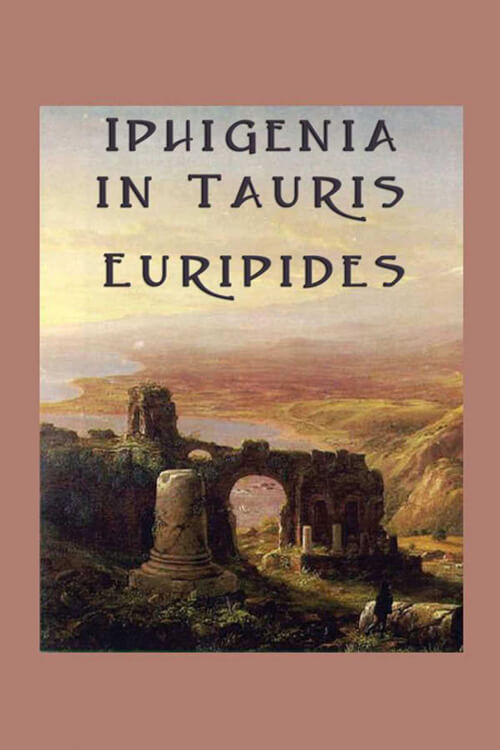
White nights, and other stories
It was a fantastic night, such a night as is only possible when we are young, dear reader. The sky was so starry, so bright that, looking at it, one could not help asking oneself whether humored and capricious people could live under such a sky. That is a youthful question too, dear reader, very youthful, but may the Lord put it more frequently into your heart!.. Speaking of capricious and ill-humored people, I cannot help recalling my moral condition all that day. From early morning I had been oppressed by a strange despondency.
It suddenly seemed to me that I was lonely, that everyone was forsaking me and going away from me. Of course, anyone is entitled to ask who ” every oiifi^_jras. For though I had been living almost eight years in Petersburg I had hardly an acquaintance. But what did I want with acquaintances? I was acquainted with all of Petersburg as it was; that was why I felt as though they were all deserting me when all of Petersburg packed up and went to its summer villa. I felt afraid of being left alone, and for three whole days, I wandered about the town in profound dejection, not knowing what to do with myself. Whether I walked in the Nevsky, went to the Gardens, or sauntered on the embankment, there was not one face of those I had been accustomed to meeting at the same time and place all the year.
They, of course, do not know me, but I know them. I know them intimately, I have almost made a study of their faces, and am delighted when they are gay, and downcast when they are under a cloud. I have almost struck up a friendship with one old man whom I meet every blessed day, at the same hour in Fontanka. Such a grave, pensive countenance; he is always whispering to himself and brandishing his left arm, while in his right hand, he holds a long gnarled stick with a gold knob. He even notices me and takes a warm interest in me. If I happen not to be at a certain time in the same spot in Fontana, I am certain he feels disappointed. That is how it is that we almost bow to each other, especially when \ we are both in good humor. The other day, when we had not seen each other for two days and met on the third, we were touching our hats, but, realizing in time, dropped our hands and passed each other with a look of interest.
I know the houses too. As I walk along they seem to run for-ward in the streets to look out at me from every window, and almost to say: “Good morning! How do you do ? I am quite well, thank God, and I am to have a new story in May,” or, “How are you? I am being redecorated tomorrow”; or, “I was almost burnt down and had such a fright,” and so on. I have my favorites among them, some are dear friends; one of them intends to be treated by the architect this summer. I shall go every day on purpose to see that the operation is not a failure. God forbid! But I shall never forget an incident with a very pretty little house of a light pink color. It was such a charming little brick house, it looked so hospitably at me, and so proudly at its ungainly neighbors, that my heart rejoiced whenever I happened to pass it. Suddenly last week I was walking along St I and when I looked at my friend. I heard a plaintive, ” They are painting me yellow! ” The villains! The barbarians!
They had spared nothing, neither columns, nor cornices, and my poor little friend was as yellow as a canary. It almost made me bilious. And to this day I have not dared to visit my poor disfigured friend, painted the color of the celestial empire.
So now you understand, reader, in what sense I am acquainted with all Petersburg.
I have mentioned already that I had felt worried for three whole days before I guessed the cause of my uneasiness. And I felt ill at ease in the street this one had gone and that one had gone, and what had become of the other? and at home, I did not feel like myself either. For two evenings 1 was puy./lang my brains to think what was;unks in my corner; why 1 felt so uncomfortable in it.
Read or download Book
Fyodor Dostoevsky
Fyodor Mikhailovich Dostoevsky (11 November 1821 – 9 February 1881), sometimes transliterated as Dostoyevsky, was a Russian novelist, short story writer, essayist and journalist.
Biography.
Numerous literary critics regard him as one of the greatest novelists in world literature, as many of his works are considered highly influential masterpieces. Dostoevsky’s literary works explore the human condition in the troubled political, social, and spiritual atmospheres of 19th-century Russia and engage with various philosophical and religious themes. His most acclaimed novels include Crime and Punishment (1866), The Idiot (1869), Demons (1872), and The Brothers Karamazov (1880). His 1864 novella Notes from Underground is considered one of the first works of existentialist literature.
Born in Moscow in 1821, Dostoevsky was introduced to literature early through fairy tales, legends, and books by Russian and foreign authors. His mother died in 1837 when he was 15, and around the same time, he left school to enter the Mykolaiv Military Engineering Institute. After graduating, he worked as an engineer and briefly enjoyed a lavish lifestyle, translating books to earn extra money. In the mid-1840s, he wrote his first novel, Poor Folk, which gained him entry into Saint Petersburg’s literary circles. However, he was arrested in 1849 for belonging to an academic group, the Petrashevsky Circle, that discussed banned books critical of Tsarist Russia. Dostoevsky was sentenced to death, but the sentence was commuted at the last moment. He spent four years in a Siberian prison camp and six years of compulsory military service in exile. In the following years, Dostoevsky worked as a journalist, publishing and editing several magazines of his own and later A Writer’s Diary, a collection of his writings.
He began to travel around western Europe and developed a gambling addiction, which led to financial hardship. He had to beg for money for a time, but he eventually became one of the most widely read and highly regarded Russian writers. Dostoevsky’s work consists of thirteen novels, three novellas, seventeen short stories, and numerous others. His writings were widely read both within and beyond his native Russia. They influenced several later writers, including Russians such as Aleksandr Solzhenitsyn and Anton Chekhov, philosophers Friedrich Nietzsche and Jean-Paul Sartre, and the emergence of Existentialism and Freudianism. His books have been translated into more than 170 languages and served as the inspiration for many films.






